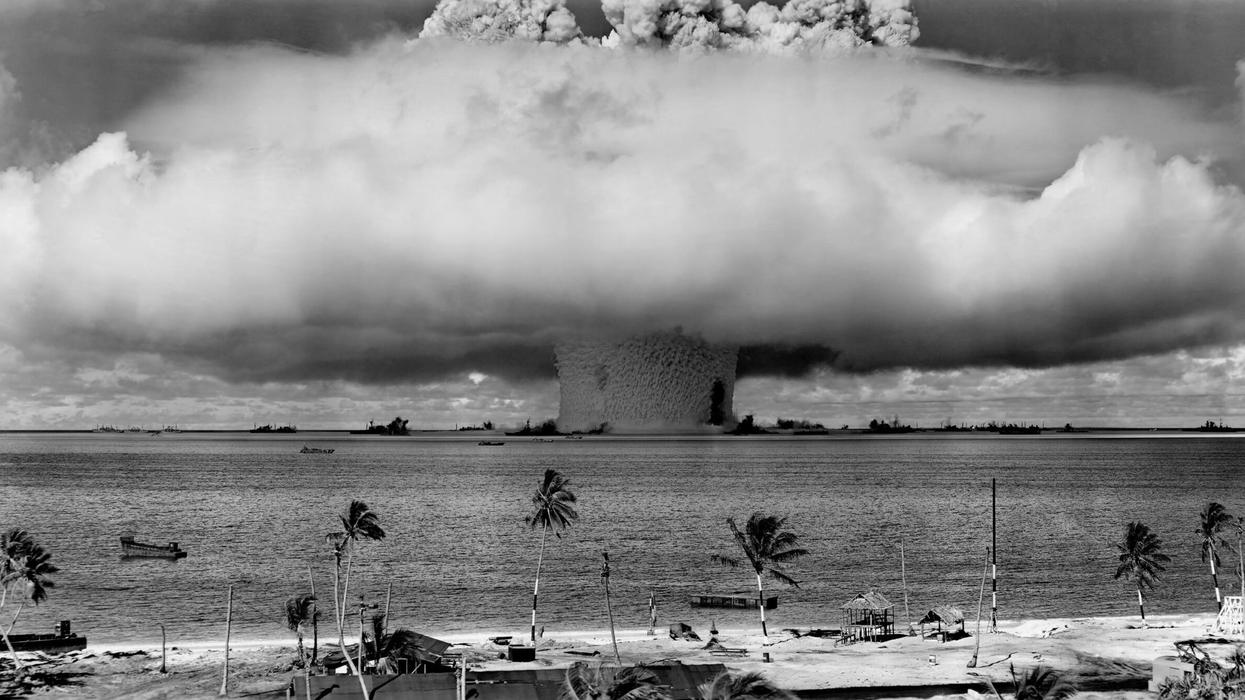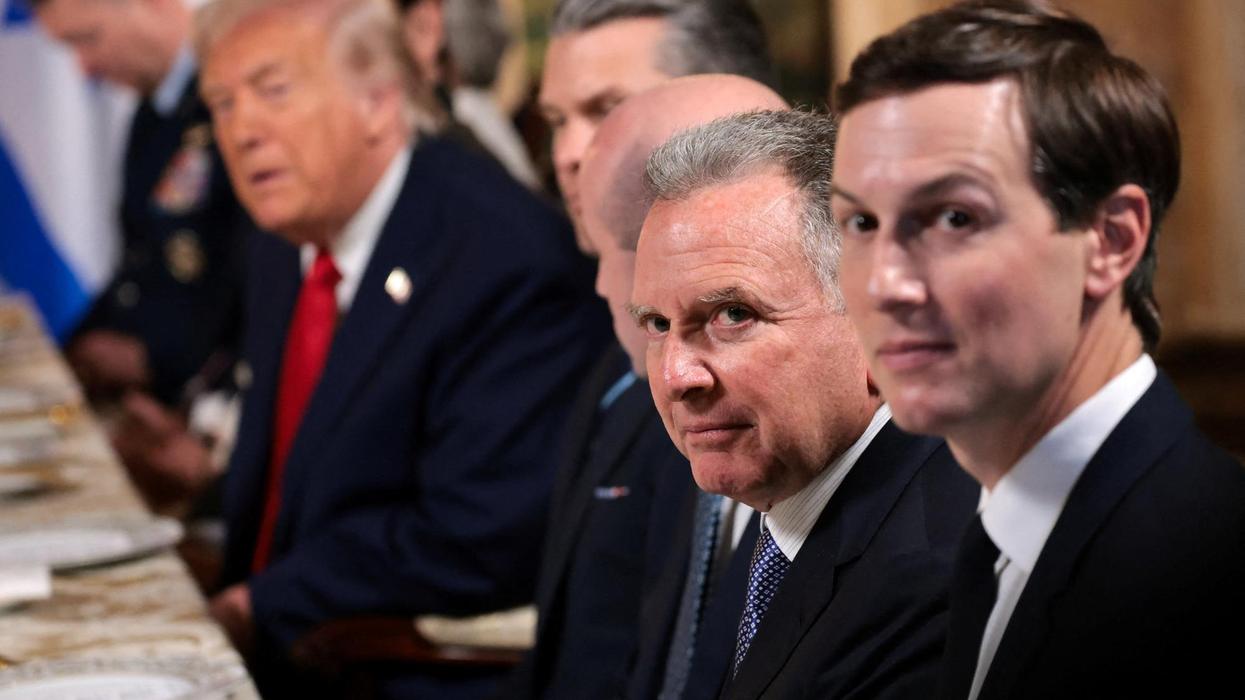On April 28, a group of 400 Iranian clerics and seminarians wrote a letter addressed to the Chief Justice Ebrahim Raisi, asking him to arrest and indict the Minister of Information and Communications Technology Mohammad Javad Azari Jahromi and the Secretary of the Supreme Council of Cyberspace Abolhassan Firouzabadi over what they believed was the growth of “vulgarity” in Iran’s cyberspace and the failure of the two officials in completing work on the “national internet.”
“National internet” or the National Information Network, as its official name goes, is the product the Iranian hardliners wish to usher in as a domestic replacement for the internet, the information system currently used by some 4.33 billion people globally. For some 15 years now, the specter of “national internet” eliminating and taking over the genuine global internet has loomed large in Iran, and there seems to be unanimity on the need to set it in motion among the influential hardliners in the establishment, particularly the members of the new parliament that will be inaugurated May 28.
Bijan Nobaveh-Vatan, a conservative politician who was elected to the parliament in the recent February 21 vote said recently that internet has undermined morality among Iranians, vowing that he will be pursuing the introduction of national internet seriously: “it has been years that we have promised [to introduce] the national internet, but there have been shortcomings in this regard, and I’ll be seriously pursuing the matter, because the mechanisms for that are clear, yet we don’t know why it hasn’t been implemented.”
Bad omen for democracy
For the Iranian hardliners who without fail look for new country names to add to the list of states they curse after chanting “Death to America” at Friday prayer congregations and state-sanctioned rallies, cutting off Iran’s remaining ties to the outside world and refashioning the Islamic Republic into a no man’s land is a castle in the air.
To make that daydream a reality, there are villains that need to be disposed of. It is an open secret that the United States, much of what is geopolitically known as the West, Saudi Arabia, and many other countries are on the inventory. But however odd it may sound, internet has in recent years made its way to the long list of foes Iranian hardliners wholeheartedly wish to defeat in preparation for transmuting the country into an “Islamic North Korea,” characterized by international isolation, domestic repression, corruption, poverty and nepotism, among other sociopolitical scourges.
In April 2012, Mehdi Taeb, an influential cleric and the head of Ammar cultural headquarters said, “satellite dishes and internet are the instruments used by the enemy to set fire on the [religious] beliefs of the people.”
Seyed Ahmad Khatami, another senior cleric and the interim Friday prayer leader of Tehran, has on different occasions denounced the world wide web as an adversary of the Islamic Republic. In March 2017, he alleged that internet is a fire “targeting the society’s religion, ethics and independence.” He said the cultural war waged by the internet and social media is harder than the military war, “hollowing and disintegrating the individuals and society from within.”
Javad Javidnia, the deputy for cyberspace affairs at the public prosecutor's office, said in November 2019 that “foreign applications and social networks are the enemies’ instrument used to deliver a blow” to Iran, adding that “the enemy recruits individuals and trains them through social media to confront the establishment, authorities, and the revolution.”
“National internet”
In 2005, the government of President Mahmoud Ahmadinejad came up with the idea of “Halal internet,” or what was later on identified as the “national internet.”
The development of national internet expanded with time, and turned into an official government agenda, which the administration of moderate President Hassan Rouhani also ploughed money into sumptuously.
In the five-year period leading to 2019, a total of around $645 million was spent on the national internet. There are estimates that so far, this magnum opus has cost the Iranian government $1.22 billion.
The national internet denies its clients access to global online services such as search engines, news websites, email servers, e-commerce websites, online banking sites, wikis, and entertainment providers. In return, it offers domestic replicas for such services developed by Iran’s Ministry of Information and Communications Technology, with servers based inside Iran.
Similar initiatives to decapacitate internet have been undertaken in authoritarian states such as Russia, China, and North Korea. Hardliners in Iran don’t shy away from citing the experience of these countries as examples Iran should follow to shield itself from the “enemy.”
In November 2019, Mohammad Javad Abtahi, a conservative member of Iran’s parliament, talked of “national internet” as the remedy to repel the cyber-attacks launched by the “enemy,” adding that “Russia has activated its domestic internet and severed its connections with the world’s internet network the lead of which is in the hands of the Zionists and the United States, which is a very positive measure in protecting the national data of a country.”
A small-scale implementation of the “national internet” was trialed in November 2019, when the government shut down internet connectivity for a total of 10 days after violent protests broke out across the country over a 300 percent rise in the price of fuel. The Rouhani administration officials alleged “rioters” were communicating through social media and receiving orders from masterminds abroad, so they imposed a nationwide internet blackout to quell the protests. In the interim, domestic websites and online platforms remained accessible.
Some Rouhani administration officials, including the president himself, have tried to assuage public concerns over the prospects of a permanent internet embargo by saying that the “national internet” will only complement the global internet and will not be tantamount to the indefinite unavailability of the network. Even so, millions of Iranians fear the end result will be a forever ban on the internet.
Last November, Amir Nazemi, the Deputy Minister of ICT, sent a letter to the administrative offices across the country asking them to provide a list of their online services that were dependent on the world wide web for functionality. He also invited the owners of online businesses to a meeting hosted by the Information Technology Organization of Iran on the “consequences of internet shutdown for the businesses and how to reduce its negative impacts.” Many Iranians interpreted the two letters as indications that there are longer-term, inauspicious plans in place to halt internet connectivity permanently.
The new Iranian parliament, sweepingly dominated by the hardliners, will most probably have the finalization of work on the “national internet” on its agenda. It is difficult to make a prediction on what a perpetual internet ban will result in; however, it stands to reason that growing discontent with the government, an extensive social crisis, economic recession, and possibly a new wave of immigration from the country will follow.
Iranian leadership should realize that it is through adopting good governance strategies, expanding civil liberties, and investing in its citizens that the country will be empowered and impervious to global threats and challenges, not through depriving its people of a facility that is now a rudimentary requirement of living in the modern world. Internet is not the nemesis of the Islamic Republic and its values. Dogmatism and myopia are.
















